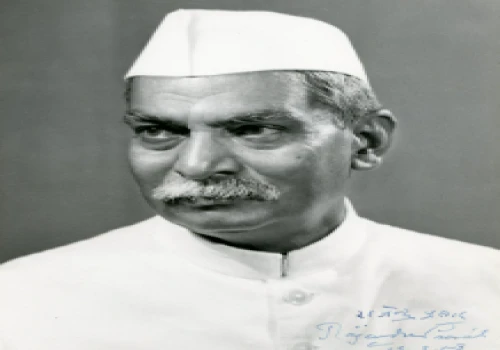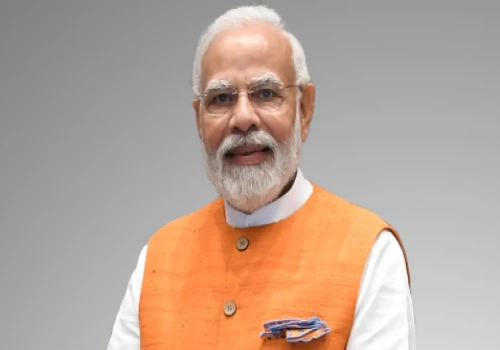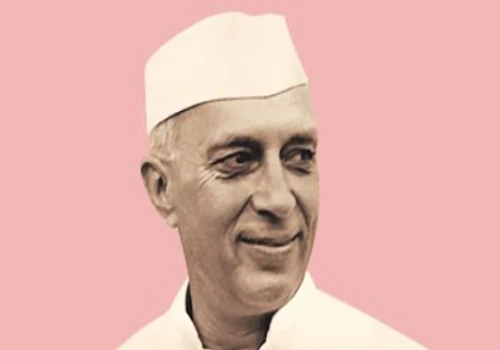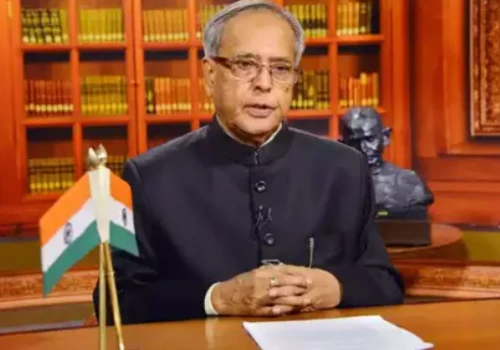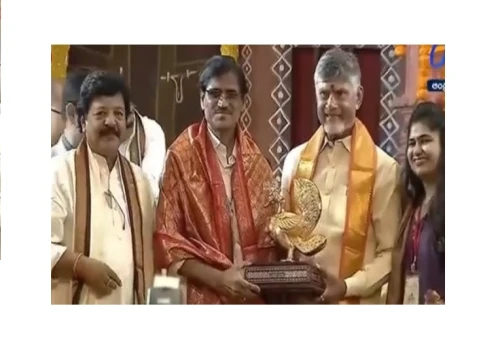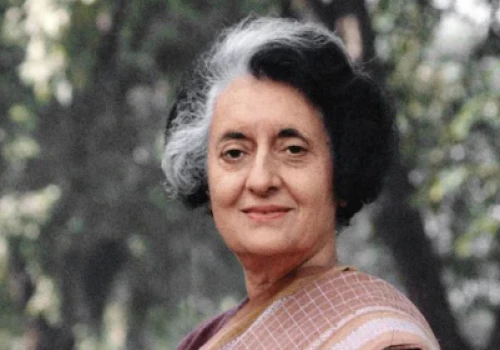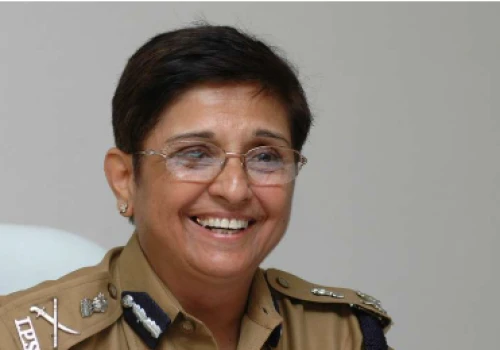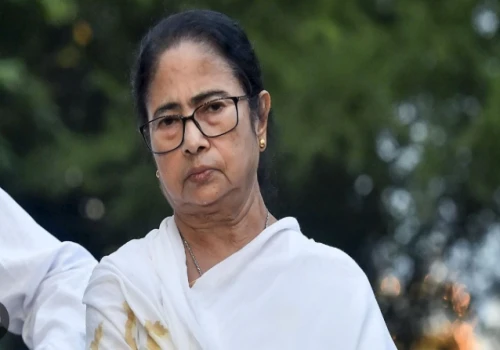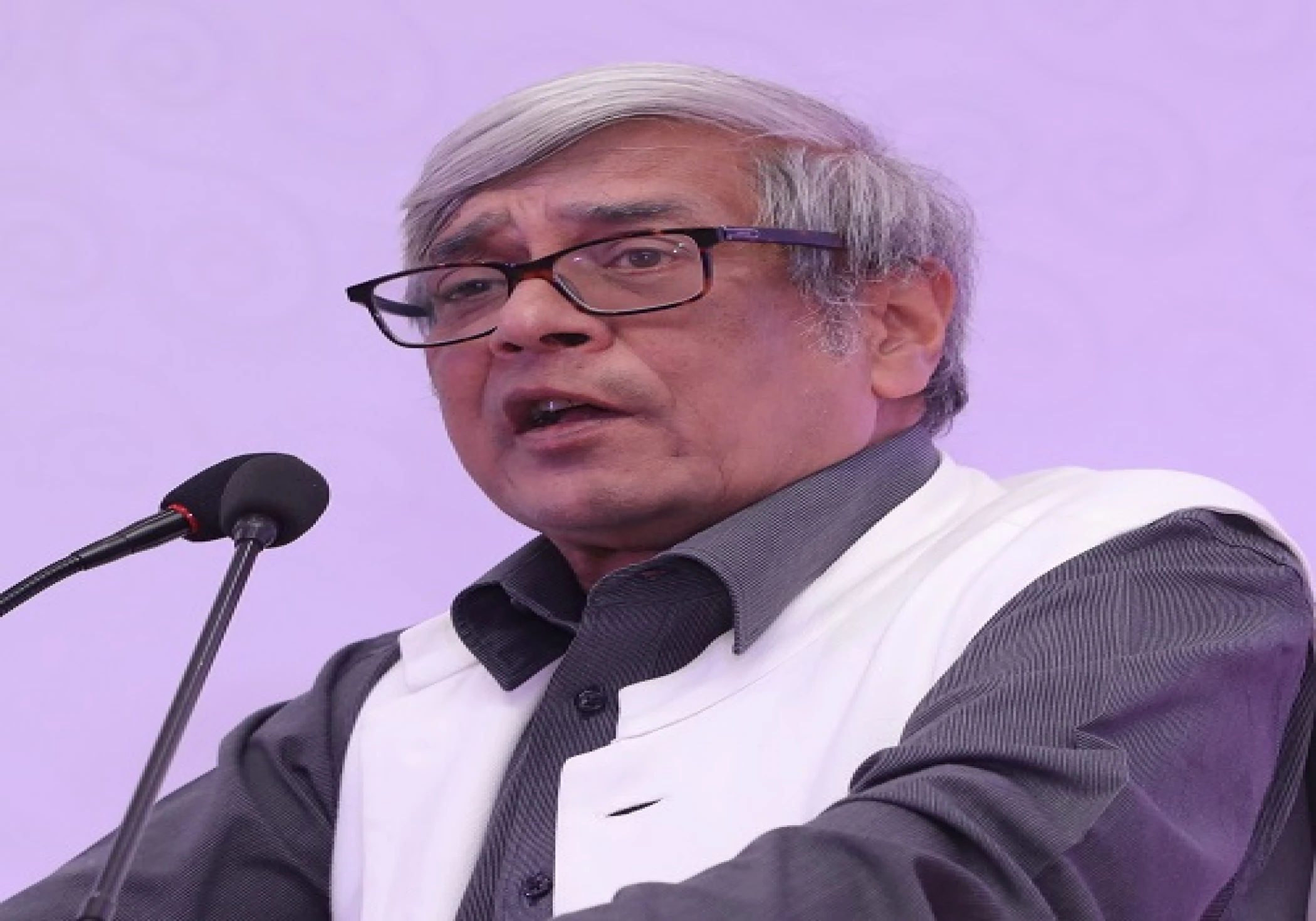
Bibek Debroy, a leading economist and the Prime Minister's Economic Advisory Council (EAC-PM) chairman, has died at 69. Known for his sharp intellect, deep understanding of economic reforms, and instrumental role in shaping India’s policy framework, Debroy’s contributions have had a lasting impact on India’s economic growth and development.
He was hospitalized to the cardiac care unit (CCU) at AIIMS for one month.
Debroy is an expert in a variety of areas, such as public finance, infrastructure, and macroeconomics. He has written extensively on subjects like governance, economic reforms, and Indian railways. He was also praised for his efforts in bringing old Indian knowledge to contemporary readers through the translation of famous Sanskrit works, such as the Bhagavad Gita and the Mahabharata.
Condolences and tributes have poured in from leaders, colleagues, and scholars, acknowledging Debroy’s multifaceted contributions to Indian society. Prime Minister Narendra Modi expressed his sorrow, stating, “India has lost a visionary economist whose insights shaped the country’s policy landscape. Bibek Debroy’s work will continue to inspire future generations.”
Finance Minister Nirmala Sitharaman also expressed her condolences, emphasizing his influence on India's economic reform trajectory and his passion for making complex economic concepts understandable for the masses.
Debroy’s work with the PMEAC included several landmark recommendations that led to the shaping of reforms across sectors. His vision of a self-reliant India and his advice on reforms for achieving a five-trillion-dollar economy by 2025 became guiding points in India’s economic strategy. As a member of the NITI Aayog and in his role at PMEAC, he influenced the government’s approach toward sustainable economic development and the push for improved fiscal governance.
Debroy’s passing marks the end of an era for Indian economics and policy analysis, but his contributions will continue to resonate. His absence will undoubtedly be felt across India’s economic and academic spheres, where he was widely respected and admired for his intellect, humility, and dedication to India’s development.


